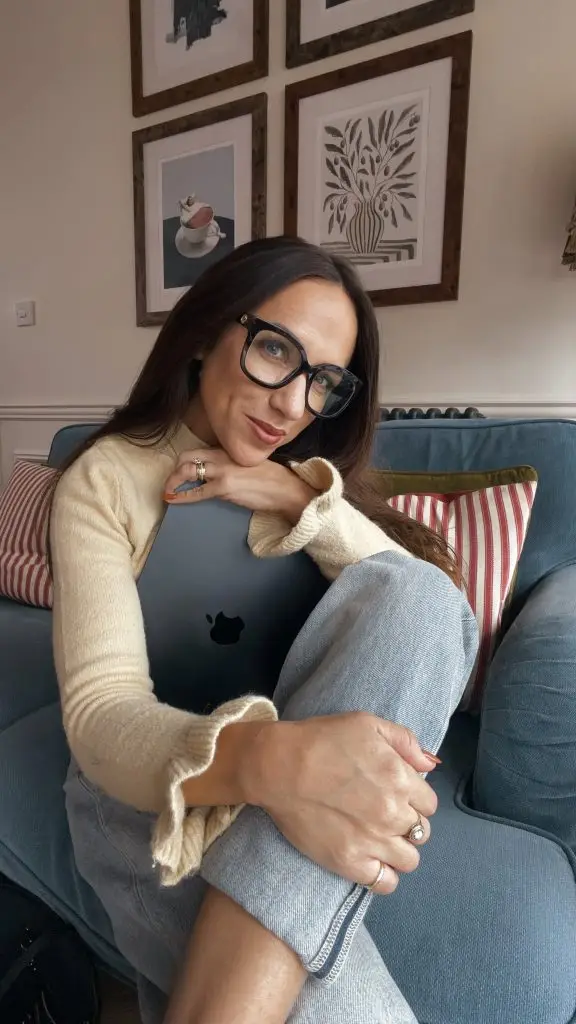As Children, We Believe What We’re Told—As Adults, We Believe Our Thoughts
As children, we’re often told magical stories about Santa Claus or the Tooth Fairy, and we believe them without question. But what about the other things we’re told—the ones we might not realise are causing harm? We need to understand the power of words in childhood
The Power of Words in Childhood
Recently, my son got glasses. I remember members of my family feeling sad for him, asking if he was okay or worried about what other children at school might say.
As someone who wore an eye patch to school as a child, I knew glasses weren’t a big deal. So instead of letting worry set the tone, I told my son how amazing he’d look and how much his friends would love his new glasses.
Naturally, he went to school smiling and excited to show them off. When a confident and happy five-year-old walks into a classroom, that energy is mirrored by their peers and teachers. His experience was overwhelmingly positive.
Now, imagine if I had been a parent who worried excessively about what people think. If I had responded with anxiety, saying things like, “Oh, it’ll be okay,” or asking him nervously, “How do you feel?” I would have unknowingly planted doubt in his mind. Instead of excitement, he might have walked into school anxious, with his head down, inviting a very different reaction from his peers.
This small example highlights how children believe what they’re told—and how that shapes their experiences.
What Happens When We Become Adults?
As adults, we don’t just take other people’s words at face value anymore. Someone could tell us we’re doing a great job or that we look amazing in a certain outfit, but if we don’t believe we’re good enough, those compliments bounce right off us.
Why? Because our belief systems are often rooted in childhood experiences.
From a young age, we absorb messages that shape how we see ourselves. Even when those messages are untrue, they become the foundation of our insecurities.
For example, I grew up believing I was the “thick” one in my family because I struggled with reading and homework, while my sister was always found with her nose in a book. That belief—“I’m not smart”—stuck with me for years, leading me to doubt my potential.
Questioning Your Beliefs
As adults, we rarely stop to question our thoughts or ask whether they’re based on fact. Yet these outdated beliefs, rooted in our younger selves, often control the actions we take—or don’t take.
Take a moment to reflect:
- What beliefs do you hold about yourself?
- Where did they come from?
- Are they helping you move forward, or are they holding you back?
By questioning your beliefs, habits, and actions, you can break free from the limitations imposed by your past and create a mindset that empowers you to thrive.
If you want to hear more on this please listen to the episode of my podcast E141 Lineage and Legacy
If you want to know more about Our Certification book a call here



